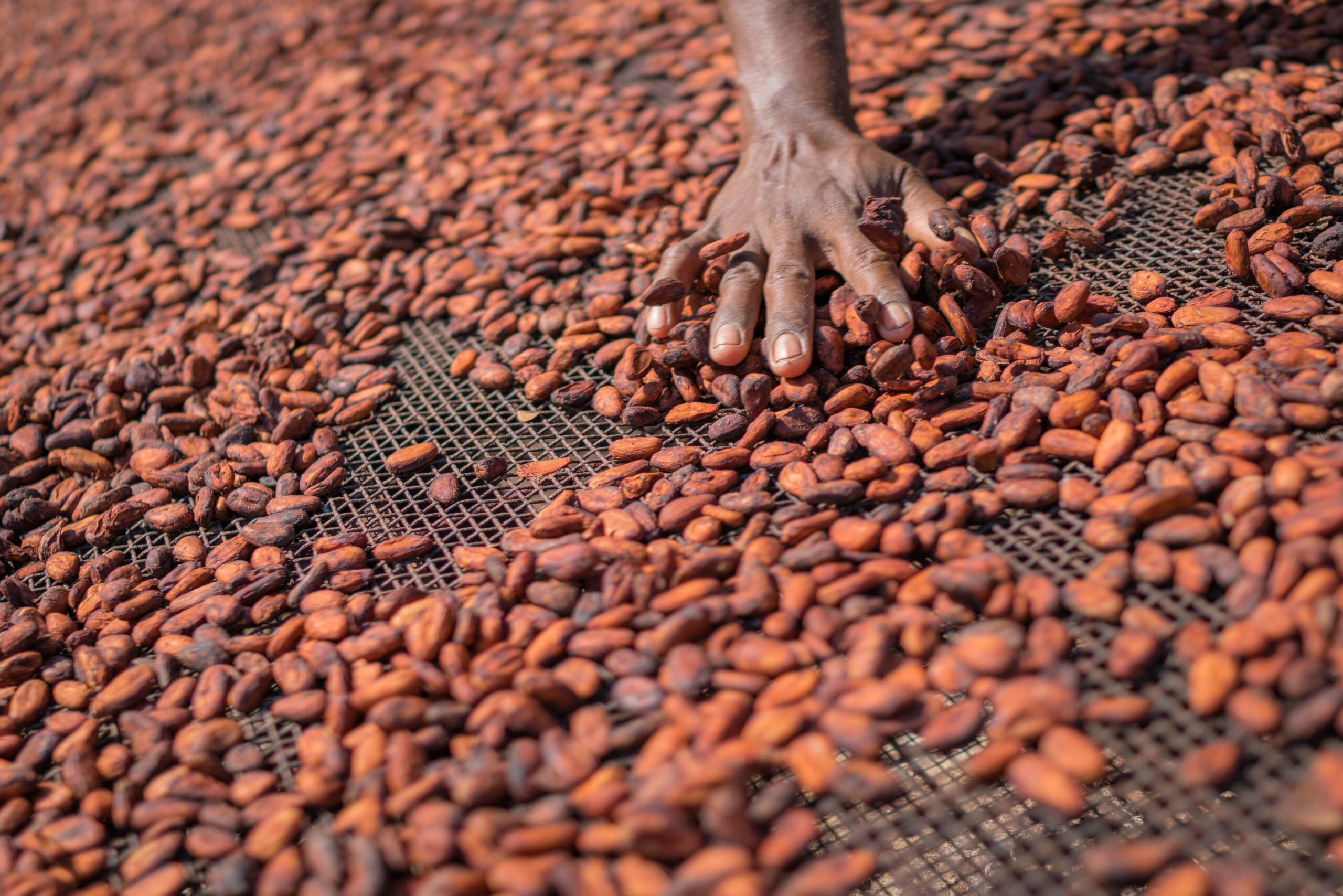In recent years, urban agriculture has emerged as a crucial strategy for cities worldwide to combat food insecurity, reduce environmental footprints, and boost local economies. In Africa, where agriculture remains a backbone of many economies, bringing food production back to cities presents an opportunity to revitalize urban landscapes and elevate the continent’s renowned cash crops.
The Need for Urban Agriculture in Africa
Africa’s rapid urbanization has led to increased food demand in cities. However, much of the continent’s agricultural production still occurs in rural areas, often far from urban centers. This geographic disconnect contributes to food shortages, higher prices, and reliance on imported goods in cities. By integrating food production into urban settings, African nations can address these challenges while fostering sustainable growth.
The Role of Africa’s Cash Crops
Africa is home to some of the world’s most valuable cash crops, including cocoa, coffee, cotton, and palm oil. These crops play a vital role in the continent’s economy, providing income for millions of smallholder farmers. However, most of the production is geared toward export markets, with limited benefits for local communities. Urban agriculture offers a chance to reimagine the role of cash crops in Africa’s cities, shifting some production towards local consumption and creating new value chains within urban areas.
Urban Farming Techniques
Innovative farming techniques such as vertical farming, hydroponics, and rooftop gardens make it possible to grow crops in urban environments. These methods are particularly well-suited to Africa’s dense cities, where space is limited, and traditional farming methods may not be feasible. By using these technologies, urban farmers can cultivate high-value crops, including those traditionally grown in rural areas, such as coffee or cocoa.
Economic and Social Benefits
Bringing food production back to cities can have numerous economic and social benefits. It creates job opportunities, reduces food transportation costs, and improves access to fresh produce. Moreover, urban farming can empower local communities, fostering a sense of ownership and connection to the land. For Africa’s cash crops, urban agriculture could lead to the development of niche markets for locally grown products, benefiting both producers and consumers.
Conclusion
Urban agriculture is more than just a trend; it’s a necessity for Africa’s rapidly growing cities. By bringing food production back to urban areas and integrating Africa’s cash crops into the mix, cities can become more resilient, self-sufficient, and sustainable. This shift holds the potential to reshape not only the agricultural landscape but also the future of Africa’s economy and society.





